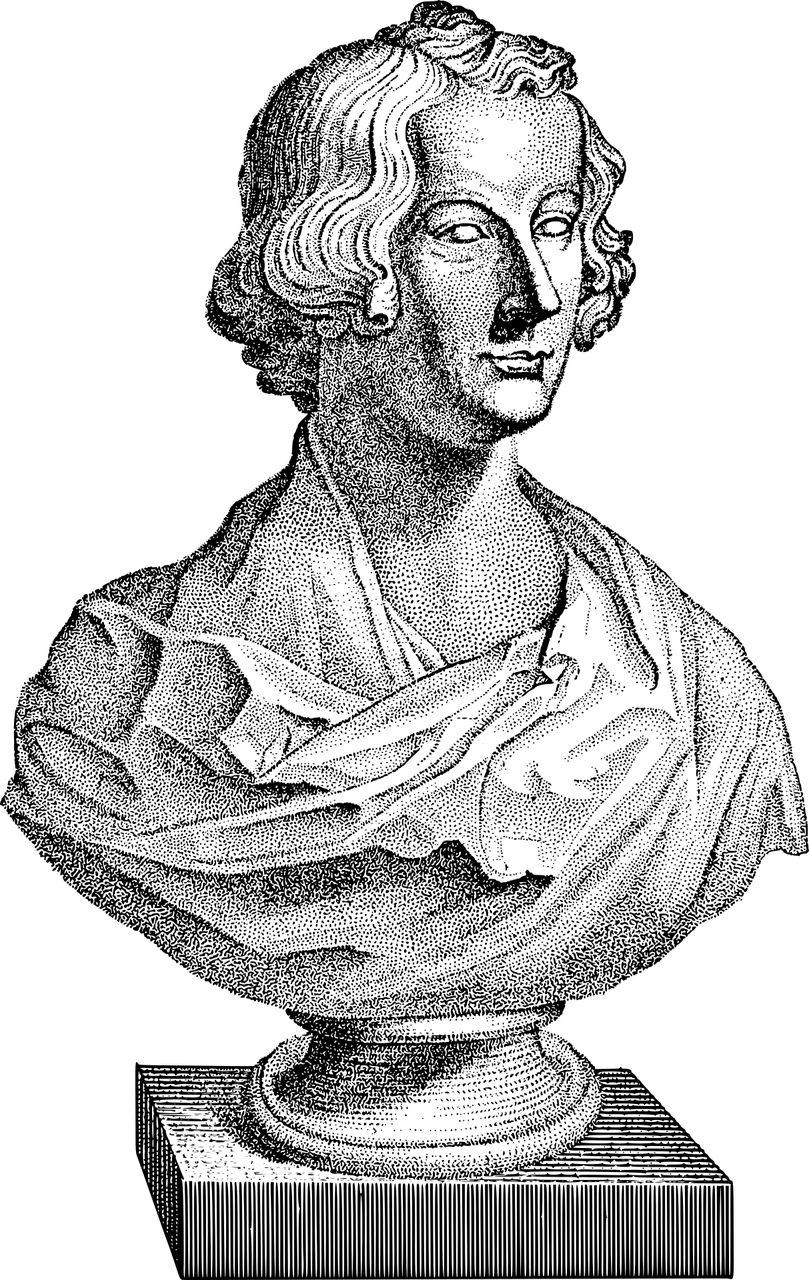Jane Austens novels have captivated readers for centuries, and it is no surprise that her timeless stories have made their way onto the silver screen


“Jane Austen films” have become a genre in their own right, with numerous adaptations capturing the essence of Austen’s wit, romance, and social commentary. In this article, we will delve into the world of Jane Austen films, exploring their significance and evolution over time.
At the heart of Jane Austen films is the exploration of human relationships, social hierarchy, and the societal expectations of the Georgian era. These films transport audiences to a world of lavish balls, elegant estates, and intricate courtships. They offer a glimpse into the lives of Austen’s heroines, often strong-willed and intelligent women navigating a patriarchal society.
One of the most defining characteristics of Jane Austen films is their attention to detail. From the exquisite costumes to the grand settings, each element is meticulously crafted to create an authentic period atmosphere. This commitment to historical accuracy allows viewers to immerse themselves in the world of Austen’s characters and better understand the complexities of their lives.
Over the years, Jane Austen films have undergone a significant transformation. In the early days of cinema, adaptations were limited to the constraints of the medium, with black and white films lacking the visual splendor that Austen’s novels deserved. However, as technology advanced, these films began to take on a new life.
The breakthrough came in 1995 with the release of “Pride and Prejudice” television series starring Colin Firth as Mr. Darcy, a role that would forever etch him in the hearts of Austen enthusiasts. This adaptation created a resurgence of interest in Jane Austen and sparked a wave of new adaptations. Filmmakers realized the potential of bringing Austen’s stories to life with stunning visuals, elaborate costumes, and talented casts.
Since then, there have been numerous successful adaptations of Austen’s novels, each presenting a unique interpretation of her work. From the lush cinematography of “Sense and Sensibility” (1995) to the modern twist on “Emma” (2020), Jane Austen films have continued to captivate audiences of all ages. These adaptations not only introduce Austen’s stories to new generations but also provide fresh perspectives for longtime fans.
The enduring appeal of Jane Austen films can be attributed to their portrayal of universal themes. Love, class, gender, and the pursuit of happiness are themes that resonate across time and cultures. Austen’s keen observations on society continue to be relevant, making her novels and their adaptations timeless.
In conclusion, Jane Austen films offer a delightful journey into a bygone era, where romance, wit, and societal conventions intertwine. These adaptations have evolved over time, embracing new technologies and capturing the essence of Austen’s novels in visually stunning ways. Whether you are a longtime fan or a newcomer to Austen’s world, these films are sure to enchant and entertain. So grab a cup of tea, don your finest Regency attire, and prepare to be transported to a world of love, intrigue, and elegance.
FAQ
How have Jane Austen films evolved over time?
What is the significance of Jane Austen films?
Why do Jane Austen films continue to captivate audiences?
Flere Nyheder
Erhvervsfotograf i Fredericia: En investering i professionel branding
“Jane Austen films” have become a genre in their own right, with numerous adaptations capturing the essence of Austen’s wit, romance, and social commentary. In this article, we will delve into the world of Jane Austen films, explori...
03 august 2025
Erhvervsfotografering i Aalborg: Skab et stærkt visuelt udtryk for din virksomhed
“Jane Austen films” have become a genre in their own right, with numerous adaptations capturing the essence of Austen’s wit, romance, and social commentary. In this article, we will delve into the world of Jane Austen films, explori...
02 april 2025
Kunst og Kultur i Nordjylland: Oplev Gallerier i Regionens Hjerte
“Jane Austen films” have become a genre in their own right, with numerous adaptations capturing the essence of Austen’s wit, romance, and social commentary. In this article, we will delve into the world of Jane Austen films, explori...
02 oktober 2024











